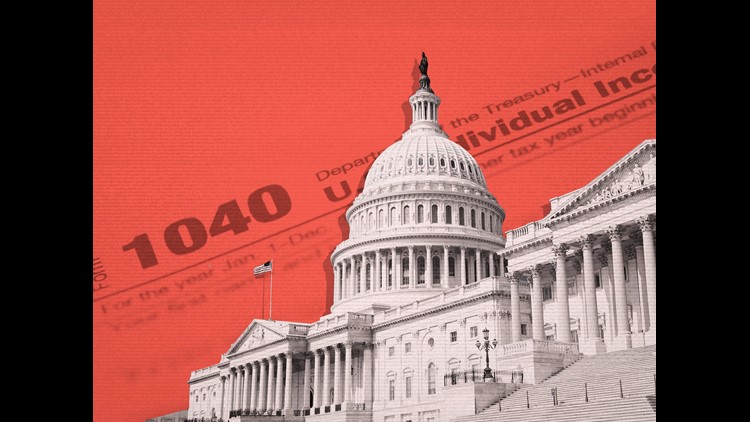The changes to the new tax law are complex, and difficult even for experts to unpack. But some of the plan’s provisions are straightforward enough for simple “yes” or “no” answers.
1. Does the new bill affect tax rebates available to buyers of electric vehicles?
No. Electric car buyers will still be able to seek a tax credit up to $7,500 for plug-in vehicle purchases.
2. Are commuter benefits still deductible for employers?
No. The new tax bill removes the incentive for employers to offer their workers transportation benefits — like parking, transit passes, or reimbursements for bicyclists — by no longer allowing those expenses to be tax deductible.
3. Is the tuition waiver still in place for graduate students?
Yes. The bill spares graduate students from having to pay income tax on tuition waivers — something that was proposed in the House version of the bill.
4. Do I still get a student loan interest deduction?
Yes. You will still be allowed to claim a deduction of up to $2,500 for the interest you pay on your student loans each year.
5. Will I still get a tax deduction for making alimony payments?
Yes. But only if you are already making alimony payments. People whose divorces are finalized after December 31, 2018, will not be able to deduct alimony payments under the new law.
6. Will union dues continue to be tax deductible?
No. Currently, union dues are part of the miscellaneous expenses that can be part of taxpayers’ itemized deductions (as long as they exceed 2% of adjusted gross income). Under the new bill, miscellaneous expenses subject to the 2% floor — like union dues and other expenses incurred in the course of your job but not reimbursed by an employer — won’t be tax deductible.
7. Can teachers still deduct classroom supplies they pay for themselves?
Yes. Teachers will still be able to deduct up to $250 for classroom materials from their taxable income.



